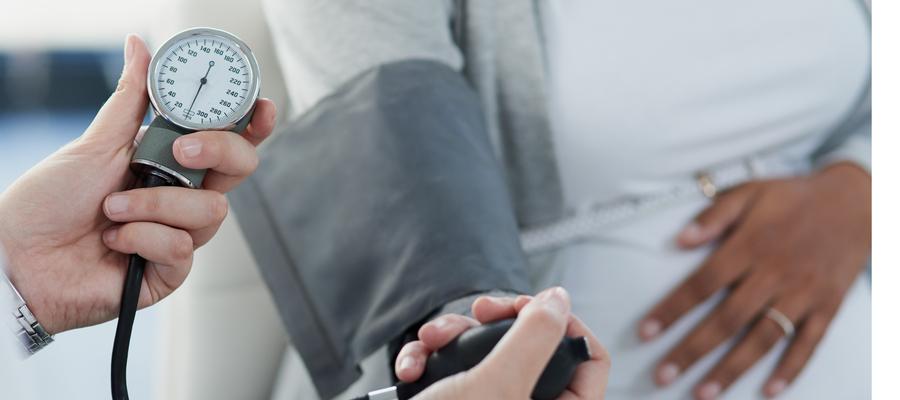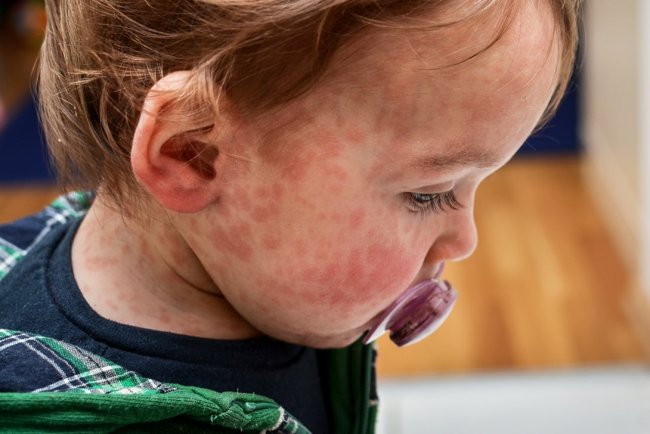Preventing Depression in Pregnancy: What New Guidelines Mean for Moms-to-Be
Pregnancy is often painted in soft pastels—tiny socks, glowing skin, nursery dreams. But for many women, the reality feels much heavier. Depression during pregnancy and after childbirth (often called perinatal depression) affects far more mothers than we tend to acknowledge. In fact, up to 14% of women are diagnosed with depression while pregnant, and countless more quietly wrestle with symptoms that never make it into their medical charts.

Recently, the U.S. Preventive Services Task Force (USPSTF) published the first-ever guidelines aimed not just at treating, but preventing perinatal depression, in the Journal of the American Medical Association. It’s a significant moment because catching depression early, or heading it off before it takes root, can profoundly change the trajectory for both mother and child.
Why Perinatal Depression Matters
Depression is never “just sadness.” Its hallmarks persistent hopelessness, lack of joy, and withdrawal can make even basic daily routines feel impossible. During pregnancy or the year following birth, these struggles ripple outward.
Mothers facing depression may find it harder to sleep, eat well, or care for themselves. They may also interact differently with their infants less playful, less encouraging, and more likely to express criticism or frustration. Over time, this can affect a child’s development. Research has linked maternal depression to behavior issues and even increased risk of psychiatric conditions in children.
That’s why these new prevention-focused guidelines matter so much: they shift the conversation from reacting to depression toward protecting mothers’ mental health before the crisis hits.
What the New Guidelines Recommend

The Task Force urges health care providers to talk openly with pregnant and postpartum women about mental health. That means screening for depression risk factors, asking the hard questions, and most importantly listening without judgment.
If risks or symptoms show up, the guidelines recommend connecting women with evidence-based support early. Two types of therapy in particular stand out:
Cognitive Behavioral Therapy (CBT): Helps women recognize distorted thoughts (“I’m a terrible mom”) and replace them with more balanced, accurate ones. The behavioral side of CBT encourages positive, nourishing activities like social connection and pleasant routines.
Interpersonal Therapy (IPT): Focuses on relationships and role changes, such as adjusting to new motherhood. It equips women with communication tools and strategies for resolving conflicts and navigating big life transitions.
Both therapies don’t just treat depression they can actively prevent it from taking hold.
Risk Factors: Who’s Most Vulnerable?
The Task Force highlights several factors that increase the likelihood of perinatal depression:
A personal or family history of depression
Experiences of abuse or trauma
An unplanned or unwanted pregnancy
Complications during pregnancy
High-stress life events
Limited financial or social support
Medical conditions like diabetes
Teen pregnancy
For women carrying one or more of these risk factors, early counseling can serve as a protective shield, offering both emotional support and practical tools before depression spirals.
What About Other Approaches?

The evidence is less clear when it comes to alternative prevention strategies, such as supplements or exercise. While both may support overall well-being, they don’t yet have the strong research backing of CBT or IPT when it comes to preventing perinatal depression specifically.
That said, healthy lifestyle habits, movement, balanced nutrition, sleep, and meaningful social connection remain important for overall resilience.
If You’re Already Struggling
If depression has already settled in, you’re not alone, and you don’t need to “push through.” Talk to your healthcare provider, who can connect you with mental health specialists experienced in maternal care.
And if you or someone you love are thinking about self-harm, please don’t wait. Call the Suicide Prevention Hotline at 800-273-8255 (TALK) or go straight to the nearest emergency department.
A Note on Treatment Advances
In 2019, the FDA approved Brexanolone (Zulresso), the first medication specifically for moderate to severe postpartum depression. Administered intravenously over 60 hours in a certified facility, it can relieve symptoms astonishingly quickly sometimes within two days. While it doesn’t work for everyone, it represents an encouraging step forward in maternal mental health treatment.
The Takeaway
Pregnancy is a time of extraordinary change—physically, emotionally, and socially. While joy and anticipation often take center stage, honoring the possibility of struggle is just as important. These new guidelines emphasize what mothers have long known in their bones: that prevention, compassion, and support can make all the difference.
By investing in maternal mental health early, we not only protect women we also safeguard the well-being of the next generation.
What's Your Reaction?




















